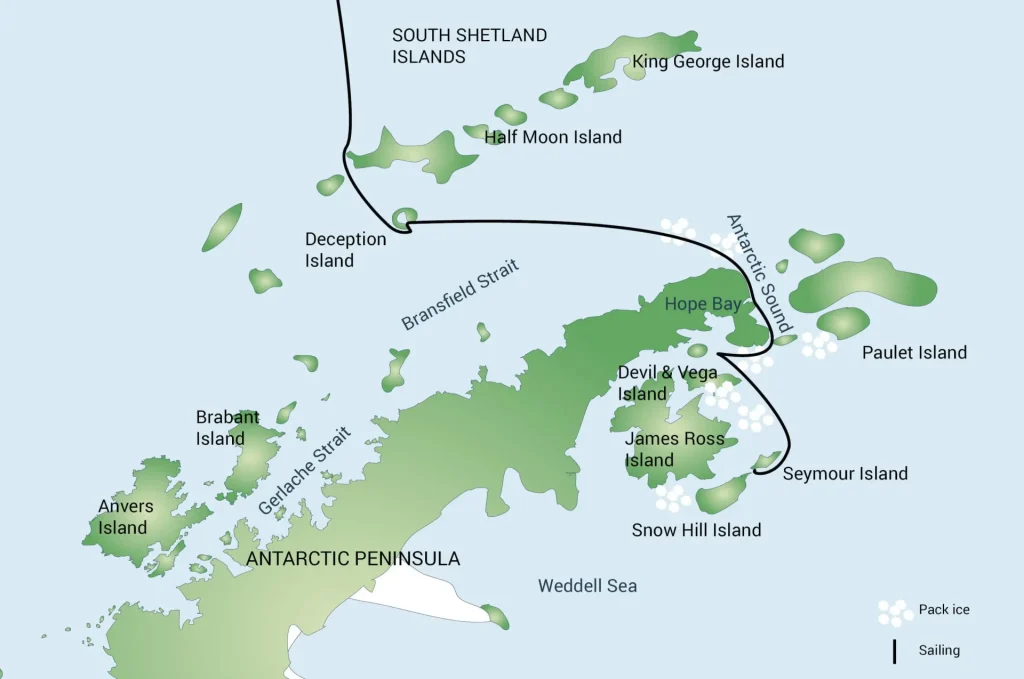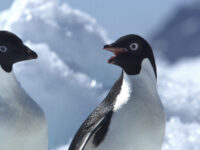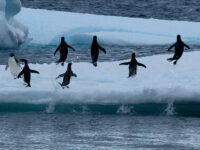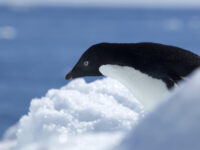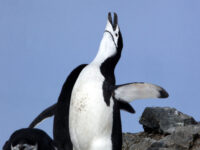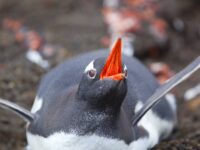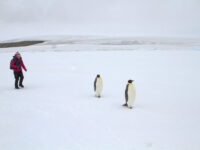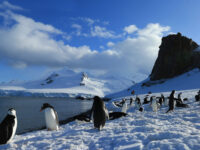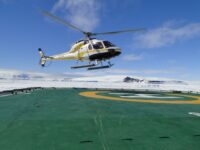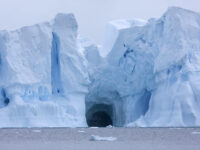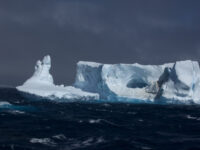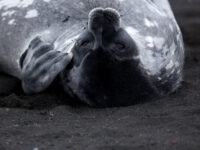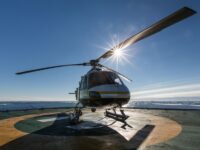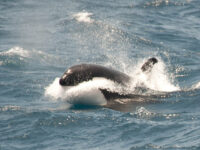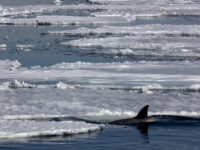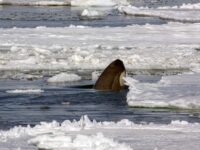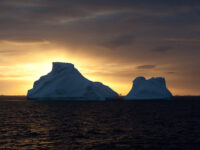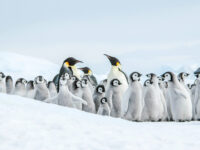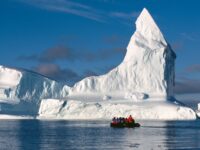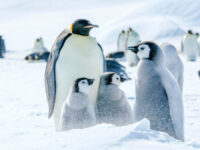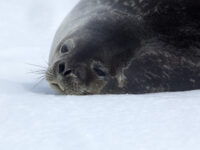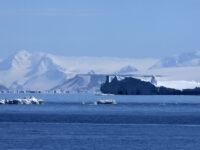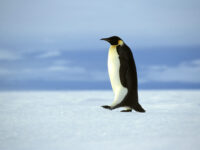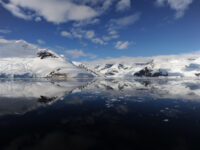Experience the bird’s-eye-view of Antarctica:
Experience the bird’s-eye-view of Antarctica! Our helicopter capability on m/v Ortelius gives you the rare chance to see the famed emperor penguin rookery south of Snow Hill Island, numbering around 4,000 breeding pairs. Heavy ice may prevent entrance to this area from the Weddell Sea, and ice at the rookery itself might break up and start to melt earlier than expected. With this in mind, the aim is to stop the vessel between the Antarctic Sound and James Clark Ross Island, close to the ice edge, and find emperor penguins on their way to open water. The thrilling helicopter flights make this search possible, enabling you to land in locations otherwise inaccessible this early in the season.
If ice conditions are favorable and the route to Snow Hill Island is free of multi-year pack ice, you have the chance for ship-to-shore helicopter transfers to Snow Hill Island (roughly 45 minutes walking distance from the emperor penguin rookery). If successful, this is a once-in-a-lifetime experience. But please remember that nature writes the final itinerary out here: Attempts to reach Snow Hill Island during the voyages of 2012 – 19 did not always succeed. However, in 2013, 2017 until 2019 and 2022 conditions were favorable to land by helicopter on Snow Hill Island and to visit the emperor penguin rookery

